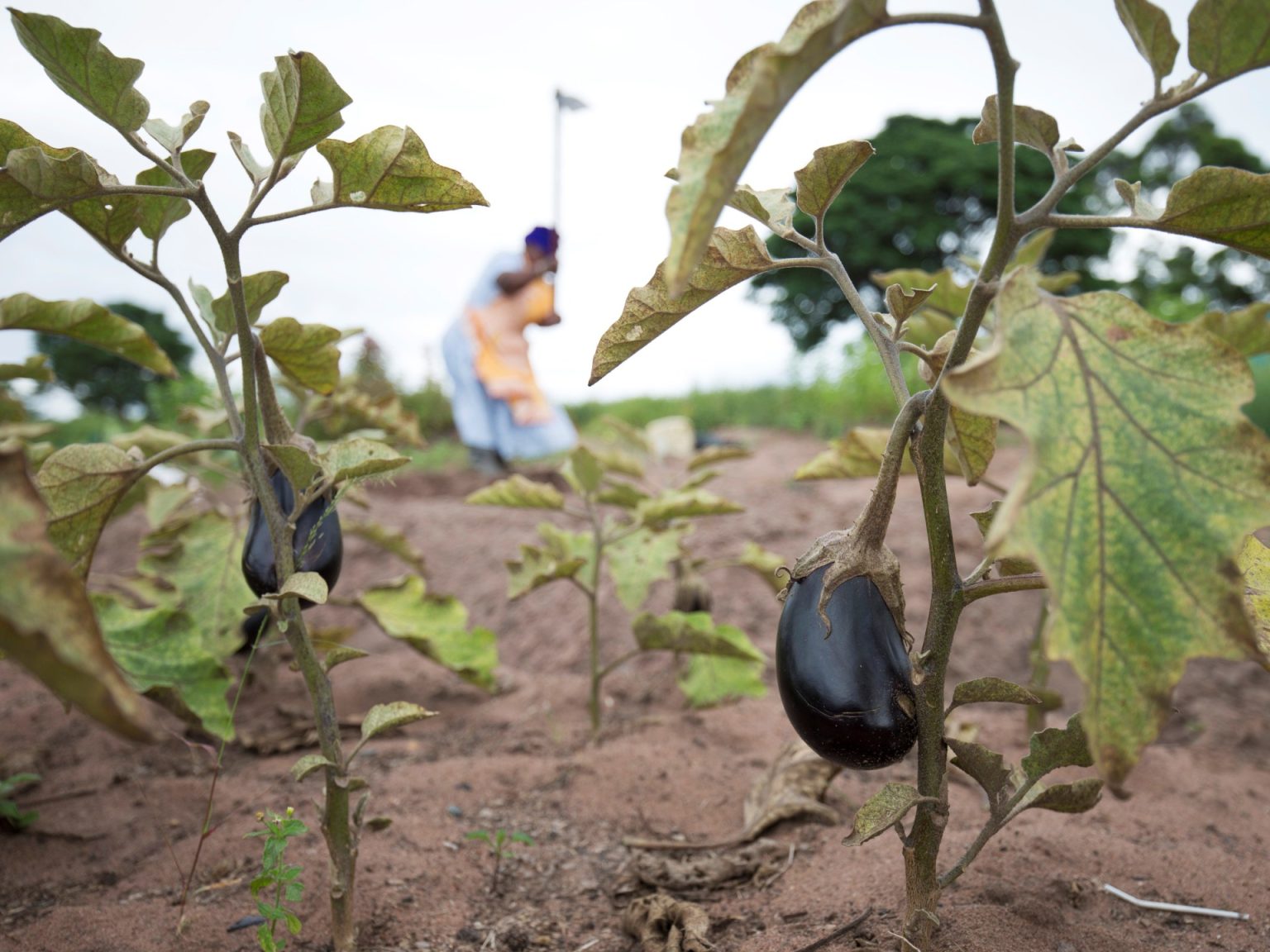Three generations of Mini Myeza’s family have lived on Oakville pine tree farm in South Africa, but the 58-year-old widow may now be facing eviction from the land where she was born. Her family’s ancestral lands were seized under apartheid rule, and they were forced to work on the farm for poverty wages. Despite promises from the government to redistribute agricultural land to Black South Africans, the plight of farm workers and low-income families remains a significant issue. Myeza’s husband, who worked on the farm for over 30 years, passed away without receiving any compensation, leading to further struggles for his widow and children.
Organizations such as the Association for Rural Advancement (AFRA) are working to aid farm dwellers in fighting for their rights and protection from abuse. Despite the enactment of laws such as the Labour Tenants Act and the Extension of Security of Tenure Act, many farm dwellers continue to face mistreatment at the hands of landowners. AFRA helps these communities form structures to represent their interests and protect their rights, advocating for a more equal society in which farm workers are treated with respect and dignity.
Living and working conditions on farms in South Africa were brought to light during the Farm Workers’ Strike in 2012-2013, which resulted in an increase in the minimum wage for agricultural workers. However, reports from watchdog groups continue to highlight challenges faced by farm dwellers, including tenure insecurity and threats to livelihoods. Despite some progress, many farm workers still struggle with access to basic services such as water, as highlighted by a court victory in 2019 that mandated municipalities to provide these services to farm dwellers.
Nike Mkhize, a farm dweller and chairperson of the network organization Qina Mbokodo, has worked to improve the lives of women living on farms in KwaZulu-Natal. The organization advocates for the rights of women facing abuse and exploitation on farms, including cases of sexual harassment and unsafe working conditions. Despite court victories and efforts to provide water and other services to farm dwellers, many challenges persist for women and families living on farms, with limited support from the government.
Mini Myeza has faced intimidation and threats from the farm owner on Oakville pine tree farm, but has persisted in staying on her family’s land. After reporting harassment to the Department of Agriculture, Land Reform, and Rural Development, she was able to secure her tenure under the Extension of Security of Tenure Act. However, life remains difficult for Myeza as she struggles to make ends meet from her small family garden and faces challenges with basic necessities such as electricity and a stable roof over her head.
Land rights activist Phillip Shabalala, part of the organization FLASA, highlights the prevalent abuse and mistreatment faced by farm dwellers and laborers throughout South Africa, especially in provinces like KwaZulu-Natal and Mpumalanga. Despite changes in racial dynamics since apartheid, many poor farm workers continue to face harassment and threats from farmers, with cases of livestock poisoning and forced evictions still occurring. The efforts of organizations like AFRA and FLASA are vital in advocating for the rights and protection of farm dwellers and laborers facing ongoing challenges in post-apartheid South Africa.


